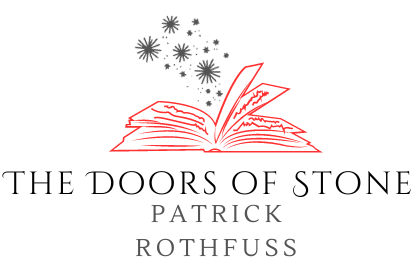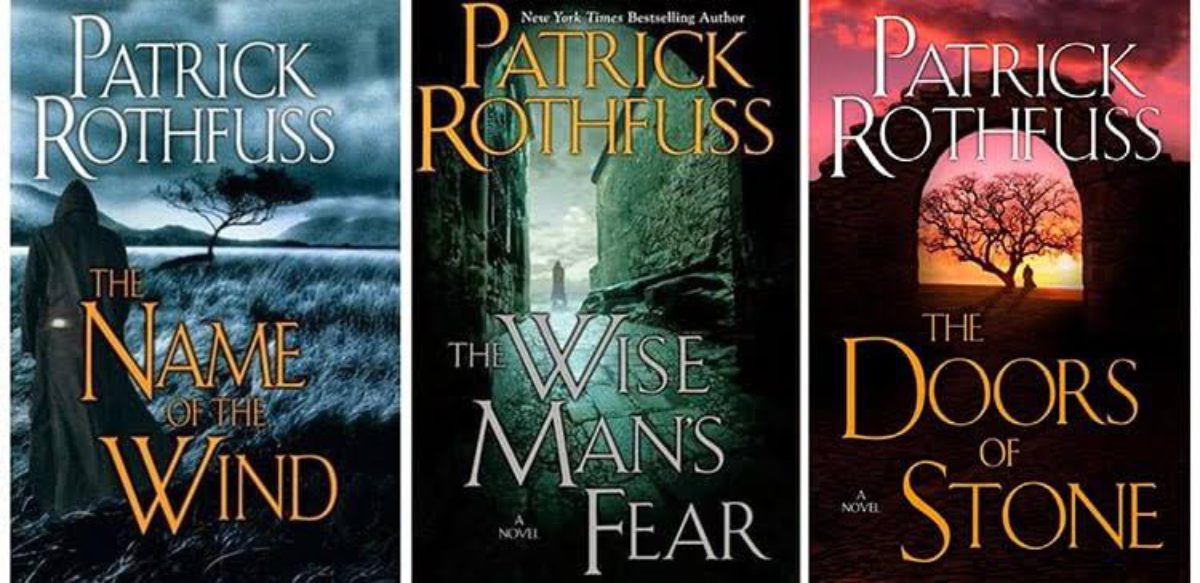Contents
- 0.1 Introduction
- 0.2 The Power of Storytelling
- 0.3 The Hero’s Journey
- 0.4 Music and Magic
- 0.5 The Nature of Time
- 0.6 Loss and Redemption
- 0.7 The Search for Knowledge
- 0.8 Identity and Self-Discovery
- 0.9 Love and Relationships
- 0.10 Fate and Free Will
- 0.11 The Cost of Power
- 0.12 Morality and Consequences
- 0.13 Friendship and Loyalty
- 0.14 The Art of Naming
- 0.15 Conclusion
- 1 Frequently Asked Questions
Introduction
“The Kingkiller Chronicle” is not your typical fantasy series. It goes beyond the traditional themes of good versus evil and explores a multitude of complex ideas. At its core, this series is a celebration of the art of storytelling and the impact it has on our lives. Rothfuss masterfully weaves together a tapestry of literary themes, making it a rich and rewarding read for those who appreciate the intricacies of storytelling.
The Power of Storytelling
At the heart of the narrative lies the power of storytelling itself. Kvothe, the protagonist, grows to be a legendary figure through the tales spun about him. This theme underscores the idea that stories shape our reality and can be as potent as any sword or magic.

The Hero’s Journey
Kvothe’s journey from a talented but ordinary child to a renowned figure in the world is a classic hero’s journey. It explores the trials, tribulations, and personal growth that are central to this archetypal narrative structure.
Music and Magic
Music plays a significant role in “The Kingkiller Chronicle.” It’s not just about entertainment; it’s a source of magic. The theme of music as a magical force emphasizes the power of art and creativity in the world of the story.
The Nature of Time
Time is not a linear concept in Rothfuss’s world. The series plays with the idea of time as a fluid entity, allowing for glimpses into the past and the future. This theme challenges our understanding of cause and effect.
Loss and Redemption
Kvothe’s life is marred by tragedy and loss, but it’s also marked by the pursuit of redemption. The theme of redemption is a powerful one, as it highlights the human capacity to overcome adversity and seek forgiveness.
The Search for Knowledge
Kvothe’s insatiable curiosity leads to his relentless pursuit of knowledge. This theme emphasizes the importance of learning and the value of wisdom in the face of the unknown.
Identity and Self-Discovery
Throughout the series, Kvothe grapples with questions of identity and self-discovery. This theme resonates with readers as it mirrors the universal journey of finding oneself amidst the complexities of life.
Love and Relationships
Love is a central theme in the series. It explores the nuances of relationships, from romantic entanglements to deep friendships. It highlights the impact of love on the human experience.
Fate and Free Will
The interplay between fate and free will is a recurring motif. It questions whether we are bound by destiny or have the power to shape our own paths. This philosophical theme adds depth to the narrative.
The Cost of Power
Power comes at a cost, and this theme is prevalent throughout the series. It explores the consequences of seeking power, both in personal and global contexts.
Morality and Consequences
The choices characters make have far-reaching consequences. This theme reminds us of the moral complexities that exist in the world of “The Kingkiller Chronicle.”
Friendship and Loyalty
Friendship and loyalty are highly valued in the series. They serve as a counterpoint to the darker aspects of the narrative, emphasizing the strength of human connections.
The Art of Naming
Naming, the ability to know the true name of a person or thing, is a magical concept in the series. This theme ties into the idea that knowing something deeply can grant power over it.
Conclusion
“The Kingkiller Chronicle” is a literary gem that explores a plethora of themes, making it a truly enriching reading experience. Patrick Rothfuss’s ability to interweave these themes within a compelling narrative is a testament to his skill as a storyteller.
Frequently Asked Questions
1. Is “The Kingkiller Chronicle” suitable for all readers?
- While it’s a fantasy series, it contains mature themes, so it’s more suitable for older readers.
2. What makes Kvothe’s journey a hero’s journey?
- Kvothe undergoes trials, and self-discovery, and ultimately becomes a legendary figure, aligning with the hero’s journey archetype.
3. How does music relate to magic in the series?
- Music is a form of magic, and its power is explored throughout the narrative.
4. Can I read “The Kingkiller Chronicle” if I’m not a fan of fantasy?
- Yes, the series has broader themes that can appeal to a wide range of readers.
5. What is the significance of naming in the story?
- Naming represents the power to understand and control the true essence of things, which is a central theme in the series.






